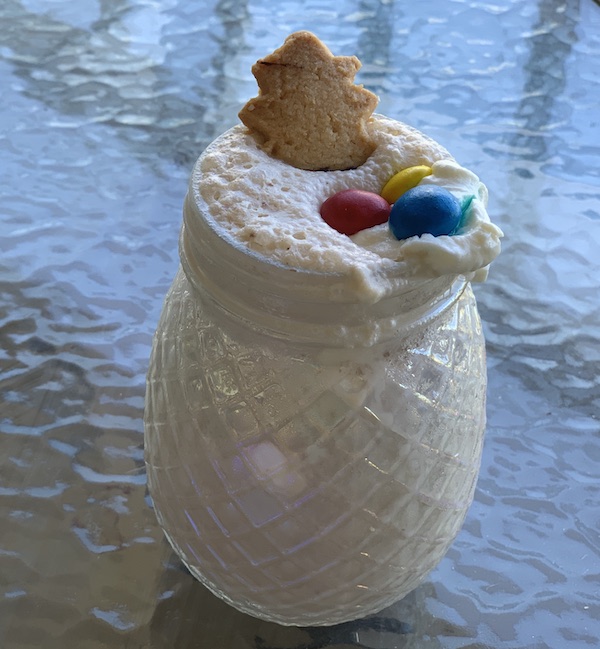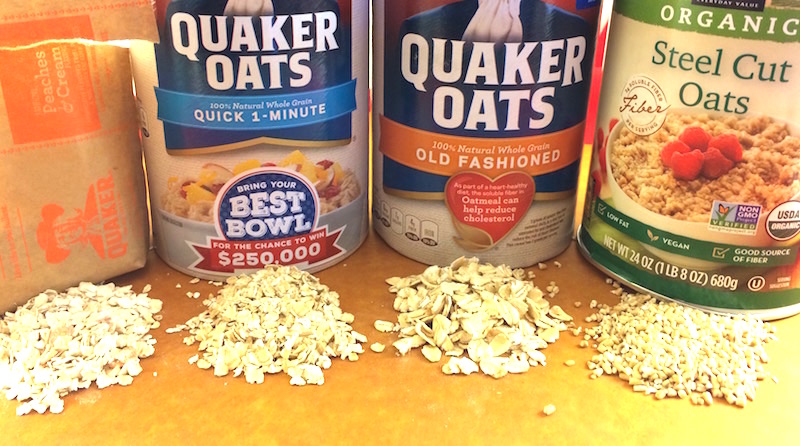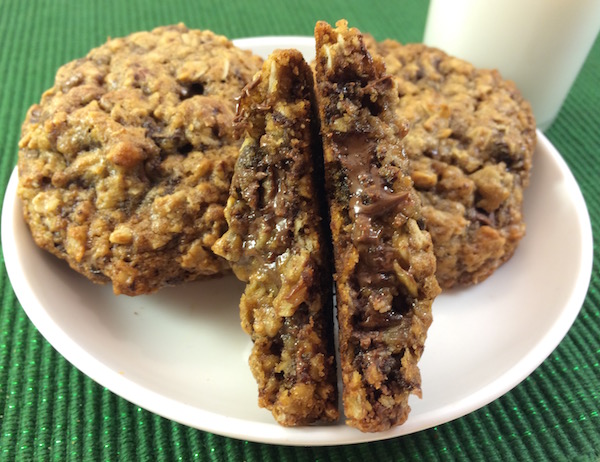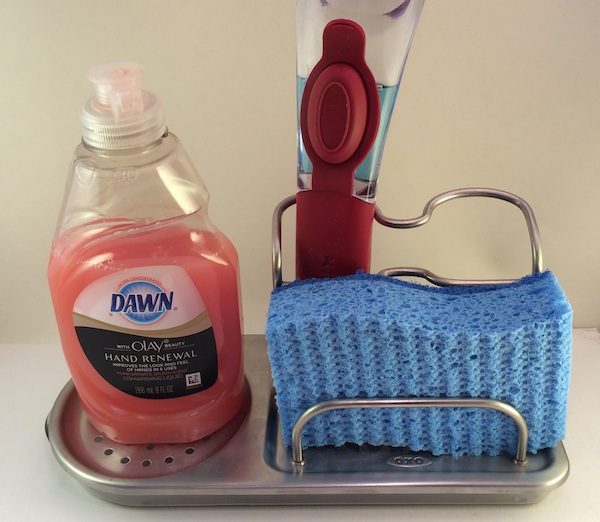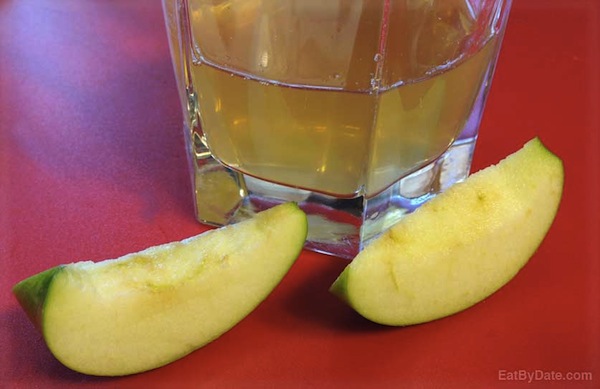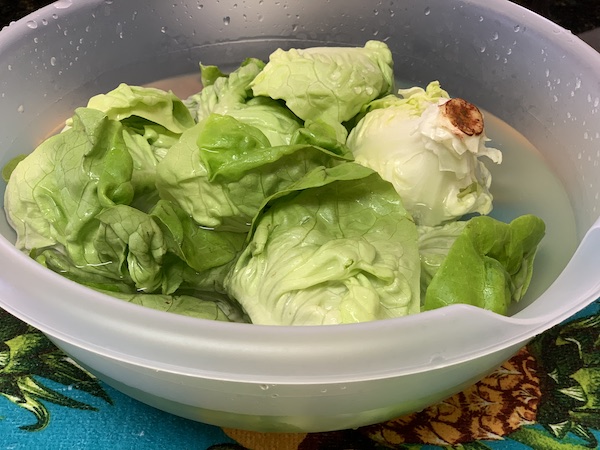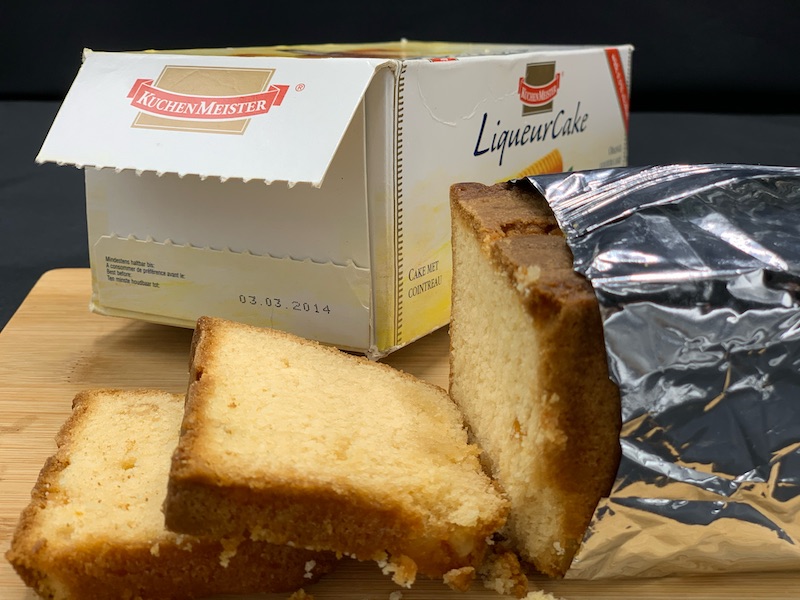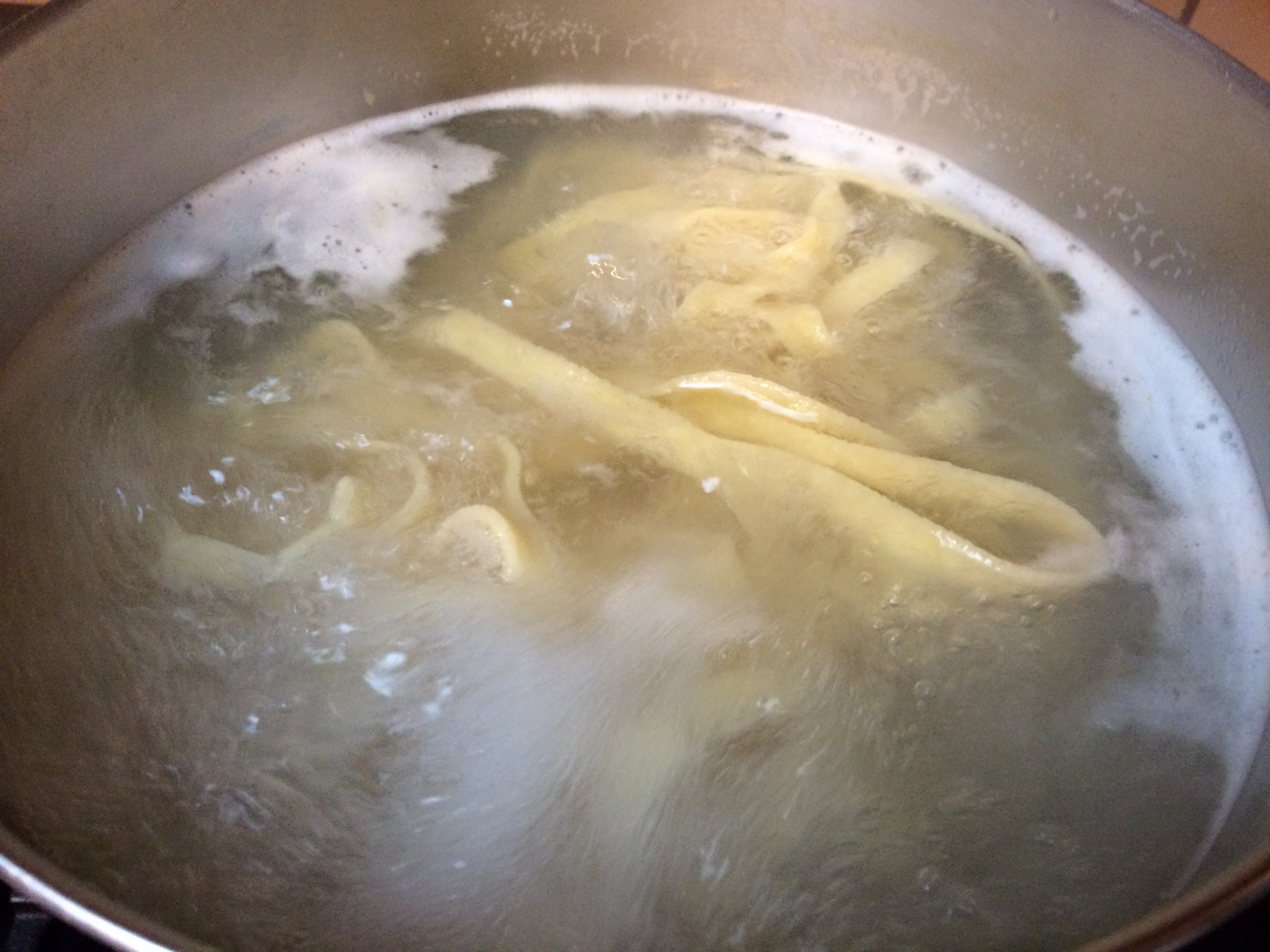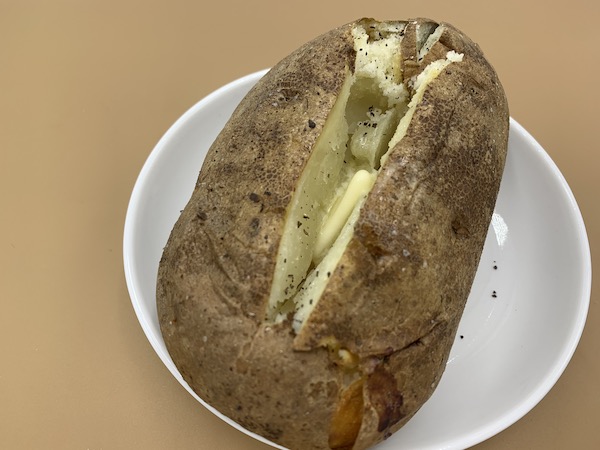Does Peanut Butter Need to be Refrigerated?
Question:
Does peanut butter need refrigeration?
Answer:
Actually, peanut butter does NOT need to be refrigerated.
People generally refer to peanut butter as either natural peanut butter or peanut butter. A common misconception is that natural nut butters need refrigeration while regular peanut butter does not. There is indeed a difference between natural and regular peanut butters, but storage of the two types is the same.
Let’s look at both natural peanut butter and regular peanut butter and what makes them different, while focusing on the best way to store each of these products.
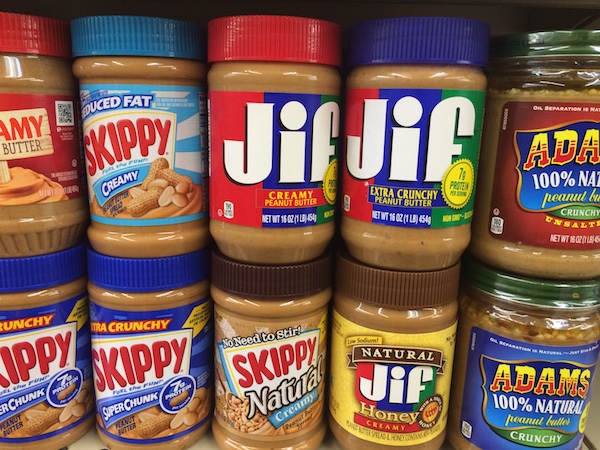
Does Peanut Butter Need to be Refrigerated?
Both regular and natural peanut butters are made
from peanuts.
What makes the two peanut butters different is what
else is put into the jar when it is made. The
difference between regular peanut butter and natural
peanut butter is what the manufacturer adds to the
peanuts when processing their product.
In order to produce an extremely shelf stable
product of regular peanut butter, manufacturers
add hydrogenated oil to the peanuts.
This hydrogenated oil, which is also a source of
unhealthy trans fat, keeps the peanut butter smooth
and continually mixed together. This added oil
extends the shelf life of peanut butter and makes it
extremely shelf stable. Most manufactures also add
some type of sugar to the peanuts.

ALL Natural peanut butter is ground peanuts, and
usually some salt. That’s it.
Over time, as the jar sits, the natural peanut oils
will separate from the peanut solids and rise to the
top of the jar. This is perfectly normal. In order
to get a smooth peanut butter for spreading, the jar
needs to be stirred before use. Natural peanut
butter will have “all natural” or
“100% Natural” printed on their label.
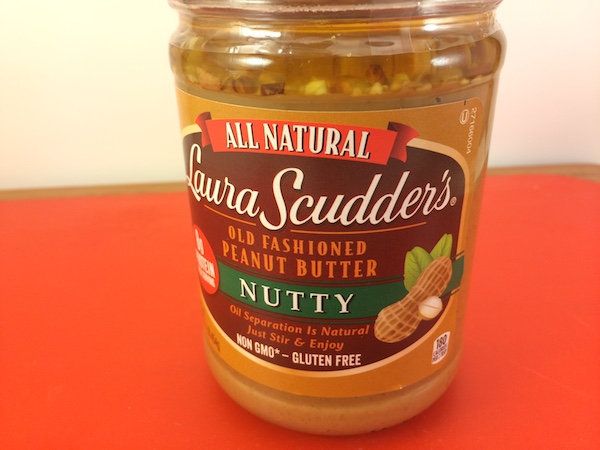
Some peanut butters that add only the word
“natural” to their label will usually
add palm oil in place of the hydrogenated
oils.
Although these peanut butters lack artificial
ingredients and preservatives, these products are
generally only 90% peanuts and will also add sugar
or molasses during processing (along with the added
oil).

For a thicker, somewhat healthier, peanut butter
some of the separated oil on the top of natural
peanut butter can be poured off before
stirring.
Don’t throw this oil away though, save it
for frying
up some crispy
potatoes. Many
restaurants use peanut oil to produce very tasty
french fries.
To make a jar of all natural peanut butter easier
to use, simply place the jar upside down when
bringing it home from the store (and before
opening). The oils will again try to make their way to the
top and thus again mix in the solids. Do this when a
creamy peanut butter with all the natural oil
incorporated is preferred upon opening. .
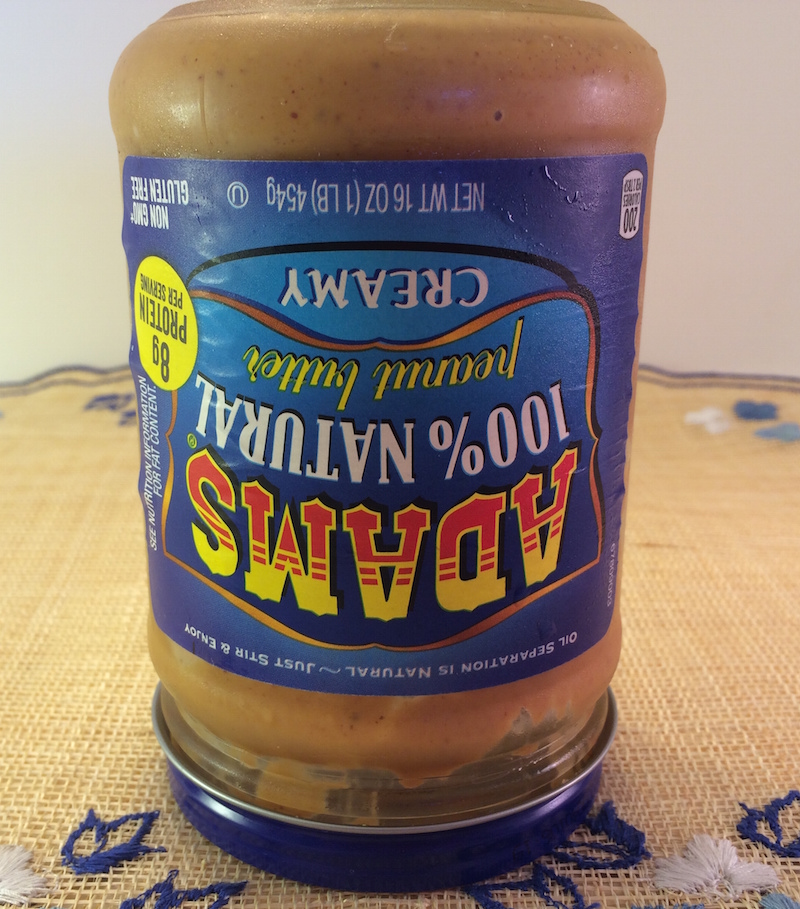
The possible advantage to keeping natural butter
in the refrigerator is that the peanut oil (once
it has been stirred back into the product) does
not separate out again when kept cold.
Natural oils harden in colder temperatures so
natural peanut butter will thus remain unified but
thicker and harder to spread when refrigerated. So,
depending on how a person uses peanut butter, it can
be an advantage to store the product in the fridge.
Some people prefer to refrigerate natural peanut
butters, while others do not – it’s a
personal choice that does not affect the shelf life
of the product.
The refrigerator does nothing for regular peanut
butter.
It may be slightly less creamy when cold, depending
on the type of oil used in processing, but shelf
life in unaffected since these peanut butters have
preservatives anyways.
Many people will store natural peanut butters in
the refrigerator and regular peanut butters in the
pantry.
If peanut butter isn’t used often, this can
eliminate the need to stir the natural peanut butter
before use, but it will be harder to stir.
Although refrigeration of all peanut butters is
optional, freezing is not recommended.
This is true for any type of peanut butter.
According to Laura Scudder and Adams, both major players in the natural peanut butter field, a jar will have the best flavor, quality and performance if used within 9 months of production or by the best by date. This statement is true whether the jar was opened or remained unopened and whether the jar was refrigerated or not for the duration of the shelf life. [1] [2]

Does Peanut Butter Need to be Refrigerated
Additional Notes
To find out how long peanut butter lasts, visit our peanut butter page.
Other foods that are questionable as far as storage options (so we offer explanations) are ketchup, soy sauce and butter.

